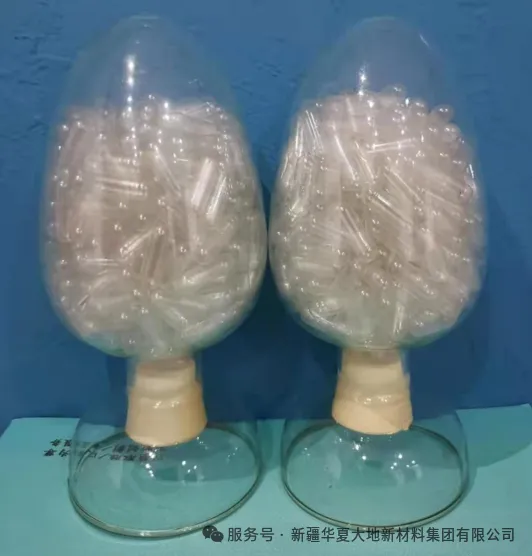The "14-15" planning proposal states, "Cultivate and expand emerging industries and future industries." From now on, "Financial, Food, Daily Necessities" will launch a series of reports to deeply analyze the current development status of related industries, accurately grasp the future growth potential, and guide you to explore the significant opportunities hidden in China's economic transformation and upgrading.

Converting straw into textile fabrics, using industrial waste gases to produce fish feed, and transforming carbon dioxide into starch... These once seemingly "fantastic" ideas are now gradually coming true with the help of biomanufacturing technology.
Biomanufacturing is an advanced industrial model that utilizes biological tissues or organisms (enzymes, microbial cells, etc.) for material processing and the production of related products. The "13th Five-Year Plan" proposal clearly states that emerging industries and future industries should be cultivated and strengthened. In terms of future industry layout, biomanufacturing is listed as a key emerging pillar industry to be developed in the future.
So, what potential does biomanufacturing hold?
Let's look at the economic benefits first.
Biomanufacturing can not only "turn waste into treasure" but also promote cost reduction and efficiency improvement. At the end of October, at the 32nd China Yangling Agricultural High-Tech Fair, Chinese biomanufacturing enterprises showcased a self-developed biodegradation technology that can convert 100% of nine types of agricultural straw into various industrial raw materials, achieving high-value utilization of straw. Compared with traditional chemical methods, the pulp produced using this technology can reduce costs by 30% to 40%.
The latest data released by the Ministry of Industry and Information Technology shows that the total scale of China's biomanufacturing industry has approached one trillion yuan, and the fermentation capacity accounts for more than 70% of the global total. According to international consulting agencies' predictions, by 2030, the industry currently accounting for one-third of the global GDP is expected to be reshaped by synthetic biology.
Let's look at sustainable development.
Biomanufacturing has significant low-carbon attributes and is an important way to achieve the "dual carbon" goals. Chinese Academy of Engineering院士, President of Beijing University of Chemical Technology, Tan Tianwei pointed out that in the chemical industry, bio-based products can reduce emissions by an average of 50% to 70% compared to the petrochemical route. If a 30% substitution rate is achieved in the chemical and material fields, cumulative carbon dioxide emissions could be reduced by over 1.5 billion tons by 2030.
Biomanufacturing technology can even make "negative carbon" possible. For example, through the application of gas biogas fermentation technology, Shougang Langze Company became the first enterprise in the world to achieve the production of feed protein and fuel ethanol from steel industry waste gas.
It can be seen that the "13th Five-Year Plan" proposal to "highlight" biomanufacturing is not accidental. After reviewing the "financial, food, and daily necessities", it was found that biomanufacturing has appeared multiple times in national-level policy documents: In 2012, the State Council issued the "Biological Industry Development Plan" proposing "building a biomanufacturing industry technology system"; during the "13th Five-Year Plan" period, the Ministry of Science and Technology launched the "Green Biomanufacturing" national key research and development special project; the "2021-2025 Biotechnology Economic Development Plan" further listed biomanufacturing as a key development direction.
Gene editing technology has enabled the large-scale production of insulin, benefiting a large number of diabetes patients; microbial fermentation technology has also significantly reduced the cost of hyaluronic acid and other products, improving the accessibility for the general public... In recent years, biomanufacturing innovations have been层出不穷, and the application boundaries have been continuously expanding.
In June this year, the Ministry of Industry and Information Technology and the National Development and Reform Commission deployed the establishment of biomanufacturing pilot capacity building platforms for cultivation, and the first batch of biomanufacturing pilot capacity building platform lists have been publicly announced. In November, the State Council's Office issued the "Implementation Opinions on Accelerating the Cultivation of Scenarios and Promoting Large-scale Application of New Scenarios", clearly proposing "building an integrated ecosystem of biotechnology industry development".
It can be predicted that with the collaborative efforts of government, industry, academia, and research, more "black technology" of biomanufacturing will accelerate from the laboratory to the market, becoming accessible new products, opening up new tracks for employment and entrepreneurship, and injecting more surprises and possibilities into a better life.







